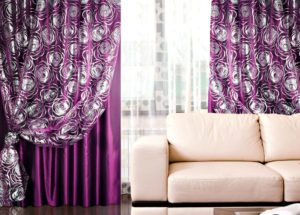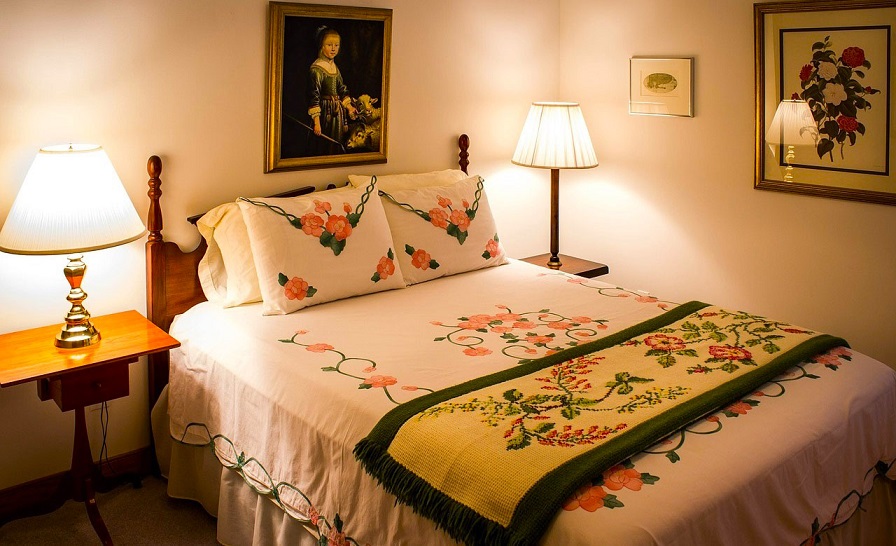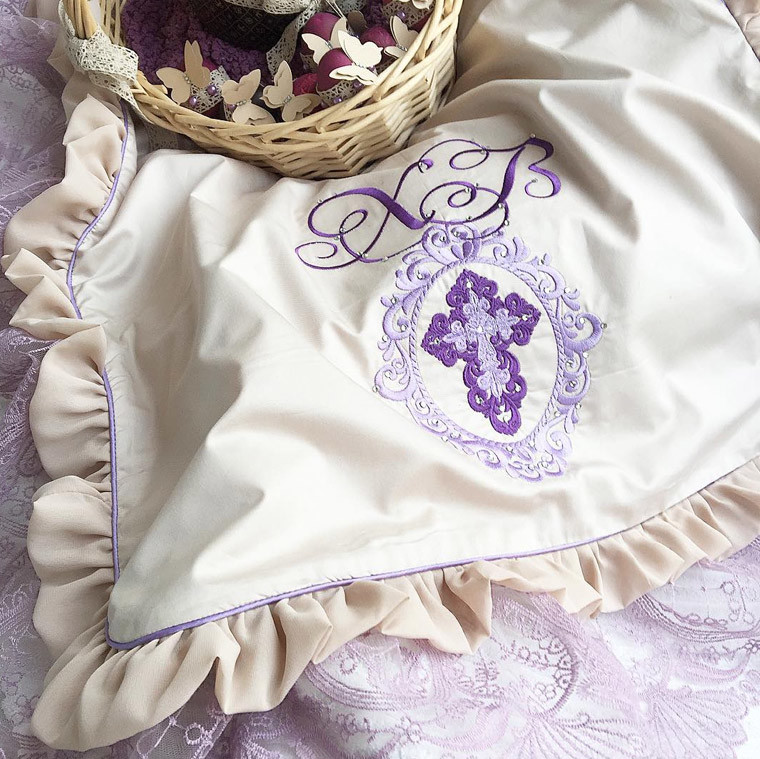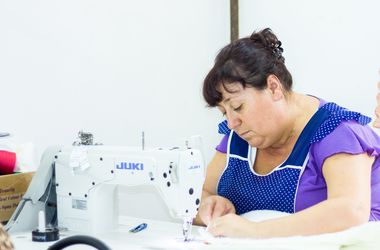Business plan store curtains
 1. PROJECT SUMMARY
1. PROJECT SUMMARY
The purpose of this project is to open a store of curtains with the purpose of retail sale of prisoners and related products in a city with a population of over 1 million people.
The target audience of the curtain store is represented by the female population of the city aged from 23 to 65 years. The target audience can be divided into two groups: successful customers – consumers who are ready to purchase products of the middle price segment (for them, the main criteria for buying curtains are the uniqueness of the offer, quality materials, the ability to manufacture curtains for individual orders); low-income clients – occupy the largest share in the composition of consumers (the main criteria when buying curtains: price / quality ratio). The purpose of this shop curtains is to meet the needs of all customer groups.
To implement the project, a plot is leased in a residential area of the city The total area is 40 square meters. m., rent – 30000 rubles / month. Location benefits: savings on renting retail space, walking distance for residents of houses, proximity to the hardware store – i.e. in the place of accumulation of the target audience.
Professional set to create business ideas
The volume of initial investment is 1 017 000 rubles. Investment costs are directed to the purchase of equipment, the initial purchase of goods, the organization of retail space, the company’s advertising promotion and the formation of a working capital fund prior to the project’s return on payback. The bulk of the required investment falls on the purchase of goods – 49.2% and the purchase of equipment – 18.7%. To implement the project will use its own funds.
Financial calculations of the business plan take into account all the income and expenses of the project, the planning horizon is 3 years. After this period, business expansion is anticipated. In accordance with the calculations, the initial investment will pay off after 8 months of work. Reaching the planned sales is planned for the 7th month of work. Return on sales in the first year of operation will be 28.6%. The net profit at the same time will be 228 000 rubles / month. Sales of curtains have a pronounced seasonality: maximum sales are planned from May to September.
The yield index is greater than one, the net present value is positive and amounts to 1,044,175 rubles, which indicates the investment attractiveness of the project.
2. DESCRIPTION OF THE INDUSTRY
The active growth of housing construction and the number of sales transactions in the residential real estate market led to an increase in demand for furniture and other interior items. The acquisition of new housing is always associated with the need to purchase goods for the home. Figure 1 shows the sales dynamics of the building materials and home goods market. According to the data presented, the volume of the DIY market in 2015-2016 is decreasing due to the crisis and in 2016 amounted to 1,418 billion rubles. However, it should be recognized that for this trade sector, the years 2015-2016 were not as complicated as for other retail trade. For example, the food segment fell by 10%. For the DIY market, the crisis has become not only the cause of the recession, but also the motivation for change and optimization of business processes.
The most vulnerable are materials for construction and rough finishing – in 2016 a decrease of 16.7% was recorded. The most stable market of finishing materials, which was reduced only by 0.3%. In other words, they began to build less in Russia, but they didn’t refuse repair work.
Often after renovation, homeowners seek to update the interior: change furniture, decor or textiles. The home textile market is currently experiencing a difficult period due to fluctuations in foreign currency. 80% of the goods sold on the market are produced abroad, which causes price instability. The market leaders are China and Turkey. Due to rising prices, demand has shifted towards a more budget segment, the brand has ceased to be important when choosing. These circumstances force many players to leave the market, which opens up prospects for a new business that can take into account key market trends. In this regard, the main trend of the market for home textiles is to shift the emphasis in the assortment towards more budget options. Following a reduction in purchasing power, consumers are trying to save on household goods.


